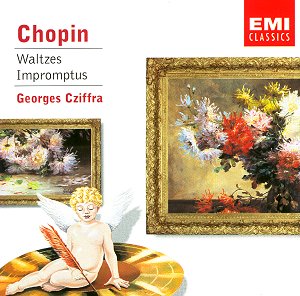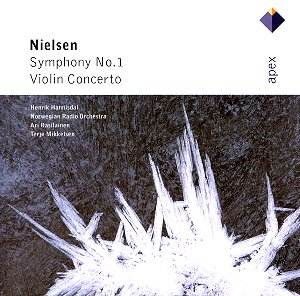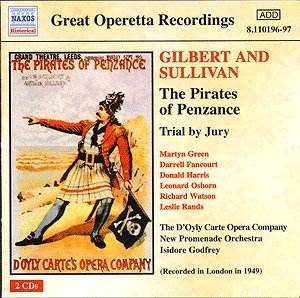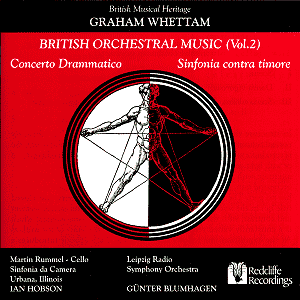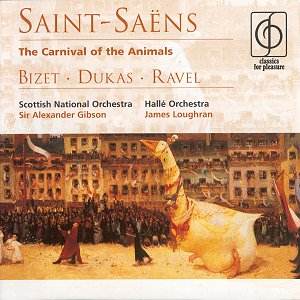 Composer: Paul Dukas
Composer: Paul Dukas
Works: L’apprenti sorcier; Camille Saint-Saëns – The Carnival of the Animals; Maurice Ravel – Suite: Ma Mère l’Oye; Georges Bizet – Jeux d’enfants
Performers: Scottish National Orchestra/Sir Alexander Gibson; Hallé Orchestra/James Loughran; Philip Fowke, Peter Katin (pianos)
Recording: September 1973, September 1974, City Hall Glasgow; July 1978, Royal Northern College of Music, Manchester
Label: Classics for Pleasure
Paul Dukas, a composer often overshadowed by his more illustrious contemporaries, emerges with renewed vigor in this compilation of charming orchestral works, remastered for a modern audience. His most famous piece, L’apprenti sorcier, alongside works by Saint-Saëns, Ravel, and Bizet, offers a delightful exploration of French musical identity in the late 19th and early 20th centuries. Each piece reflects not only the aesthetic qualities of its composer but also situates itself within a broader narrative of musical innovation and expression during a pivotal time in European music history.
The performances by the Scottish National Orchestra under Sir Alexander Gibson and the Hallé Orchestra led by James Loughran exhibit a refreshing blend of vitality and elegance, particularly evident in the orchestration of Dukas’s L’apprenti sorcier. Gibson’s interpretation is marked by a keen sense of drama; the swirling motifs that characterize the piece are executed with a buoyancy that captures the essence of the sorcerer’s chaotic spell. The opening measures are particularly well-articulated, allowing the listener to grasp the dynamic interplay between woodwinds and brass, which evokes the mischievous spirit at the heart of the narrative. However, a slight lack of tension in the climactic moments suggests a missed opportunity for a more frenetic energy that could enhance the storytelling aspect.
In terms of the recording quality, the remastering process has been notably effective, allowing the rich tonal colors of the orchestras to shine through. This is particularly true in Saint-Saëns’s The Carnival of the Animals, where the exquisite interplay between the two pianists, Philip Fowke and Peter Katin, is captured with clarity and warmth. Their synergy is palpable, especially in the movement “The Swan,” where the lyrical lines are executed with a delicate balance of expressiveness and precision. The engineering allows for a nuanced appreciation of the timbral differences between the strings and the piano, enhancing the overall listening experience.
James Loughran’s interpretation of Ravel’s Boléro, while solid and certainly competent, does not quite reach the heights of some of the more recent recordings that embrace a more expansive palette of dynamics and tonal color. The performance’s steady build, while effective, could benefit from a more pronounced contrast between the subdued and more bombastic sections, particularly in the final crescendo, where a heightened sense of urgency would underscore the work’s hypnotic quality. In comparison, the selection from Bizet’s Jeux d’enfants delights with its playful character, where the balance of movements is expertly managed, contributing to a cohesive musical narrative.
Across this collection, the interpretations offer a window into the varied responses to the French musical landscape. The performances are characterized by clarity and a sense of immediacy, though they occasionally lack the interpretative depth that marks the finest renditions of these classics. Nevertheless, this compilation serves as an accessible entry point into the rich tapestry of French orchestral music, showcasing both the familiar and the underappreciated.
This remastered collection stands as a commendable representation of the French orchestral canon, with each piece expertly performed and captured in a sound that resonates with both historical authenticity and modern clarity. The engaging interplay between the orchestras and their conductors, paired with the delightful contributions from the piano duo, makes for a rewarding listening experience that honors the legacy of these beloved works.
